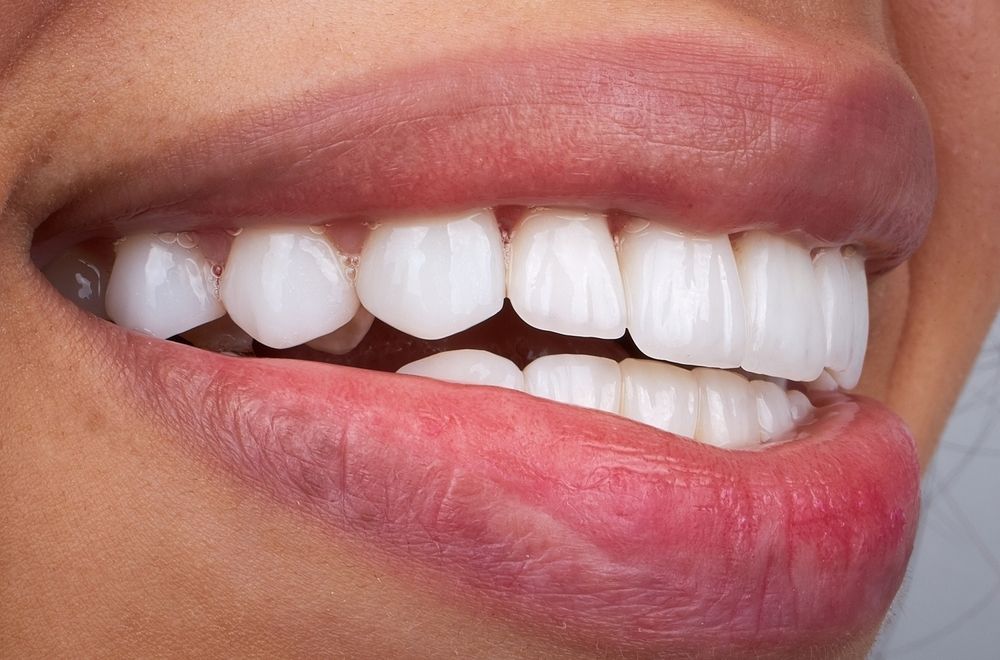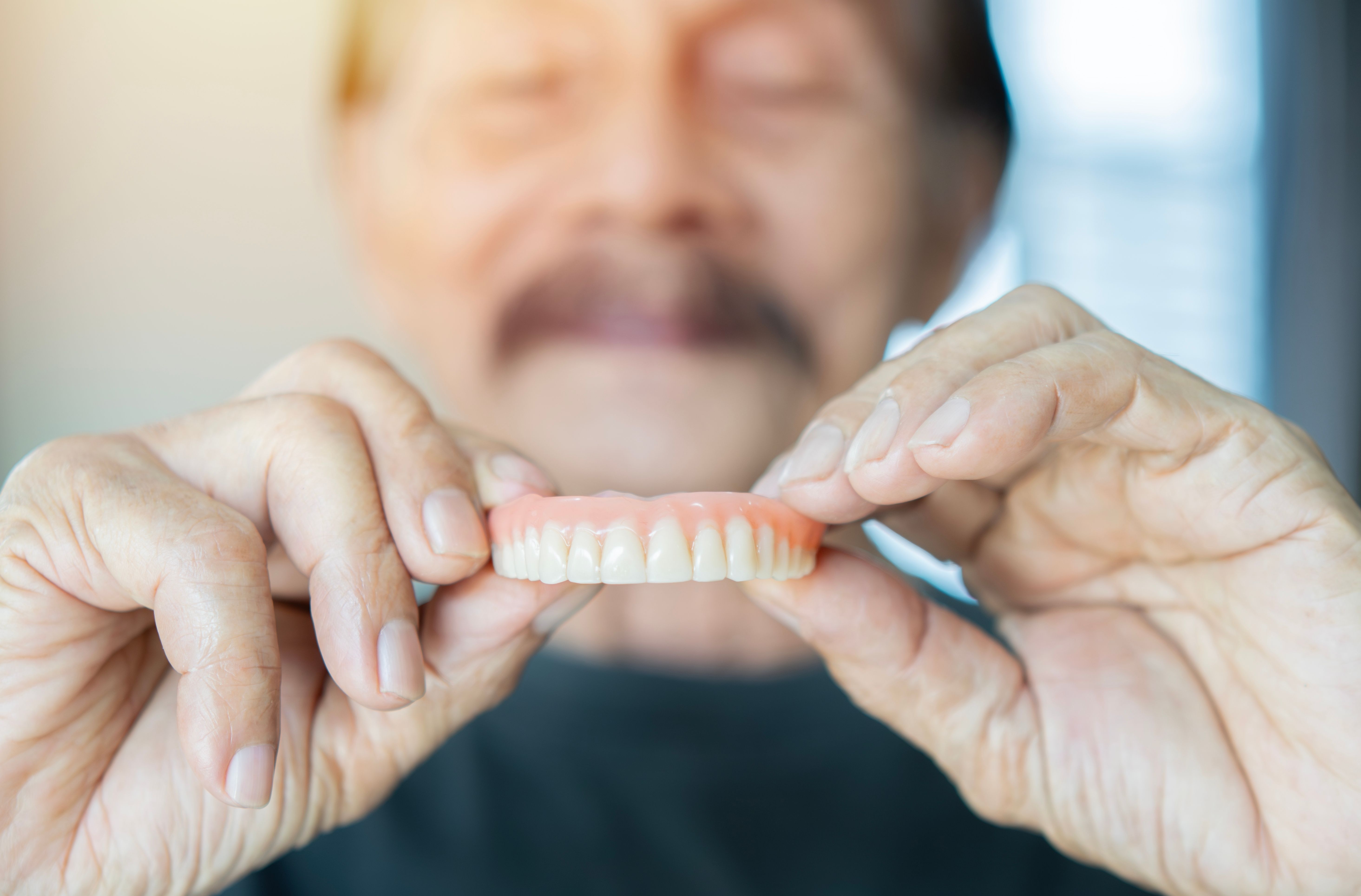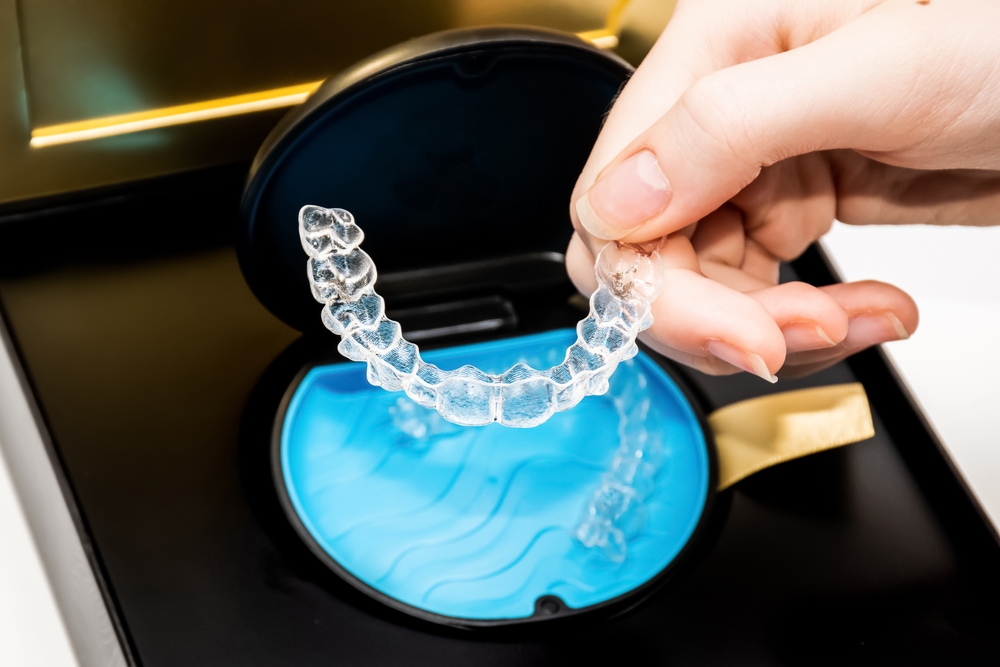Paglia Family Dental Blog
Learn more about dental care in our blog!

A brighter smile can boost confidence, enhance your appearance, and even make you look younger. With so many whitening options available today, it’s common to wonder whether in-office teeth whitening is really worth it compared to take-home kits. While over-the-counter and at-home options may seem convenient, professional in-office whitening delivers results that are faster, safer, and more effective.

If you wear dentures, how you care for them after hours is just as important as how you wear them during the day. Overnight denture storage helps preserve their shape, maintain oral health, and extend the life of your prosthetic.

Invisalign treatment is designed to be flexible, discreet, and highly effective - but life happens. Whether an aligner is accidentally thrown away with a napkin at lunch, a pet decides it looks like a chew toy, or it simply cracks after weeks of use, many patients wonder what to do next. If you’re undergoing Invisalign in Marlborough, MA, Paglia Family Dental is here to help you handle these situations quickly and correctly so you can stay on track with your smile transformation.

When sudden, intense tooth pain strikes, it can be alarming and disruptive. Often, this pain stems from an infection or inflammation within the tooth pulp - issues that sometimes require an emergency root canal. Knowing what to do in the moment can make all the difference in managing your discomfort and preserving your natural tooth.

Cavities are one of the most common dental issues, but the good news is they are also highly preventable. At Paglia Family Dental, we believe prevention is the best medicine and with the right habits, you can keep your teeth strong, healthy, and cavity-free.

Finding a dental home that can care for the needs of every family member is important for long-term oral health and peace of mind. At Paglia Family Dental in Marlborough, Massachusetts, we are proud to serve multi-generational families - helping children, parents, and grandparents all receive the personalized dental care they deserve under one roof.

Finding a trusted dentist is essential for every family. When you choose a single dental provider for everyone in your household, it can make a significant difference in your overall dental health and convenience. At Paglia Family Dental, we believe in building lifelong relationships with families and delivering the highest quality care for patients of all ages.

Post-Invisalign wearing of retainers is important because your teeth will go back to their original positions if they're not kept in place. Why retainers are a necessity:

Invisalign aligners move your teeth gradually, but not necessarily every day. The process involves a series of custom-made, clear plastic aligners that fit over your teeth. You wear each set of aligners for about one to two weeks, depending on your treatment plan, before continuing on to the next set.

Do you wake up with a sore jaw or a dull headache that won’t go away? If so, you might be dealing with the effects of TMJ disorder or nighttime teeth grinding, also known as bruxism.








